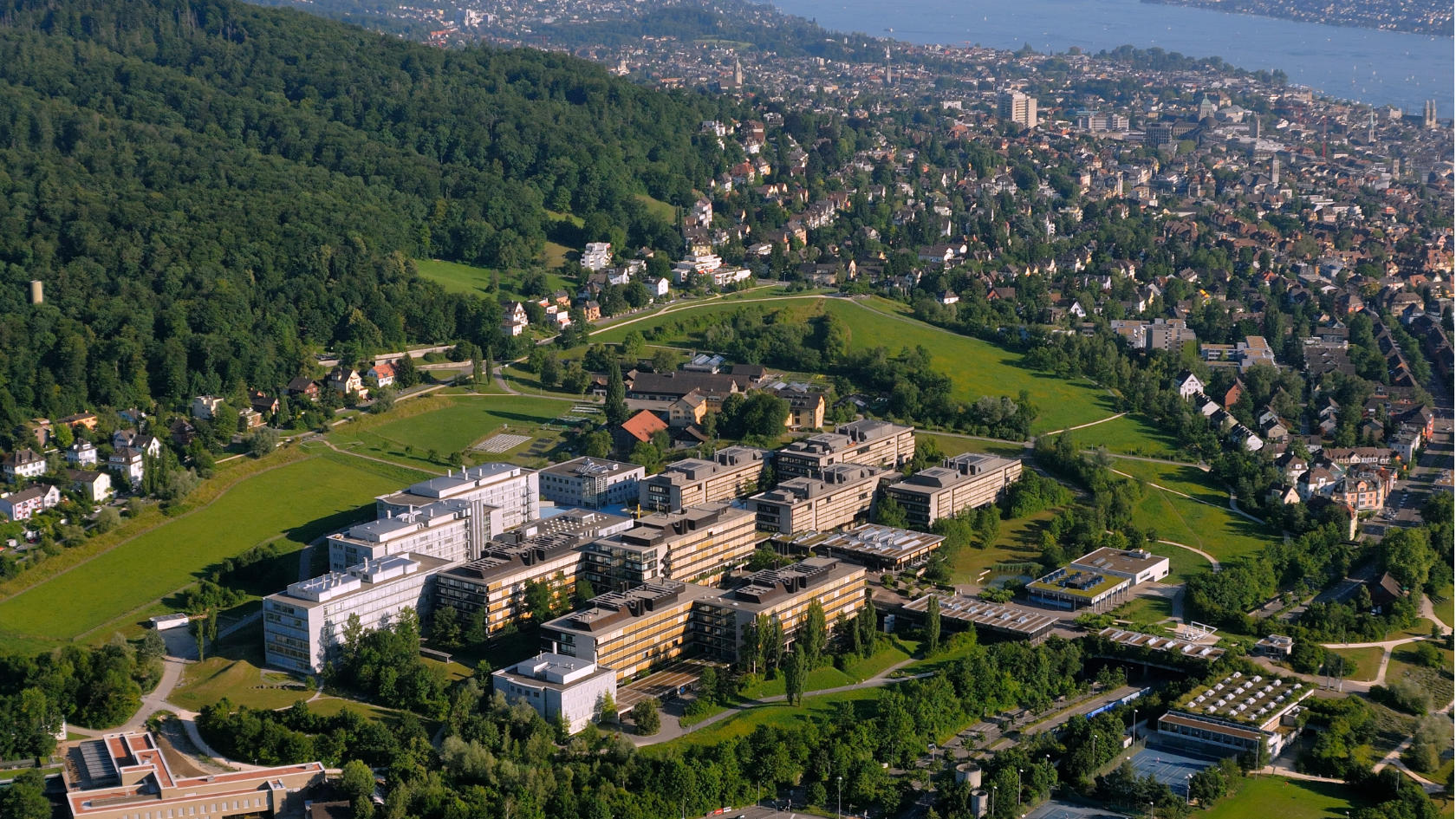Back in European Business

After three years of substitute funding provided by the Swiss National Science Foundation (SNSF), researchers in Switzerland can once again take part in the European Research Council’s (ERC) competitive calls – including the Starting, Synergy, Consolidator and Proof of Concept Grants.
In the 2025 program year, two ERC Starting Grants were awarded to University of Zurich (UZH) researchers. The grants are awarded on a provisional basis until Switzerland’s association with Horizon Europe becomes effective retroactively from 1 January 2025 with the signing of the agreement on EU programs in November 2025. The ERC Starting Grants program provides funding for research projects with a maximum budget of €1.5 million over a period of up to five years.
Bogdan Dereka: Harnessing electric field effects in chemistry

Chemists are constantly seeking better catalysts to enhance desired reactivity and suppress unwanted reactions. Traditionally, developing new catalysts that work only under narrow conditions and for very specific reactions has been a massive undertaking. In contrast, Nature performs many complex biological reactions using tailored electric fields as universal catalysts.
In recent years, mounting experimental evidence has suggested that electric fields can also be harnessed in the lab. However, unlike traditional catalysts, electric fields are difficult to isolate, characterize or control. So far, most experimental evidence supporting their role has come from trial-and-error approaches.
The EFFICACY project (Electric Field eFfects In Chemistry And CatalYsis), led by Bogdan Dereka, group leader Molecular Photochemistry and Photophysics at the Department of Chemistry, aims to understand the microscopic characteristics, dynamics and role of electric fields in chemistry at a fundamental level. Together with a small team of early-career researchers, he seeks to uncover the ground rules of how these fields can be characterized and manipulated in a predictable and broadly usable manner – paving the way for electrically programming chemical reactivity without consuming electrons.
Martin Pačesa: Designing proteins to target DNA and RNA interactions

Interactions between proteins and genetic material (DNA and RNA) are central to many processes in our cells. When these interactions malfunction, they can cause diseases such as cancer or autoimmune disorders. However, they are extremely difficult to influence with conventional small-molecule drugs, since the binding surfaces are often considered “undruggable.”
Recent advances in artificial intelligence and protein design have opened up new opportunities to address this challenge. The project “De novo design of modulators for protein–nucleic acid interactions” aims to pioneer new ways of designing proteins that can identify and modulate protein–DNA or protein–RNA interactions. Martin Pačesa will lead this project and join the Department of Pharmacology and Toxicology at UZH from EPFL for this endeavor. Generating more structural data on these complexes is a key part of this work, as this will improve AI models and enable more precise design.
The project also seeks to create sophisticated protein-based “molecular machines” that can switch between multiple shapes – a long-standing goal in protein science. These innovations could provide powerful new tools for biotechnology, synthetic biology and medicine, with applications ranging from basic research to the development of novel therapies.
ERC Proof of Concept Grant for Soeren Lienkamp
Already in July, Soeren Lienkamp and his team received an ERC Proof of Concept Grant for their project DiPNET – Direct Reprogramming for Nephrotoxicity Testing, which expands on his successful research funded by a 2020 ERC Starting Grant. The project aims to validate a novel screening platform using directly reprogrammed human kidney cells (iRECs) to better predict drug-induced kidney damage. This approach could improve patient safety and accelerate the development of safer medicines.
In the first funding round of 2025, the ERC awarded 150 Proof of Concept Grants, supporting researchers in transforming cutting-edge discoveries into real-world innovations. Proof of Concept funding is available only to those who were already awarded an ERC Starting Grant and enables them to explore the commercial potential of their research results.